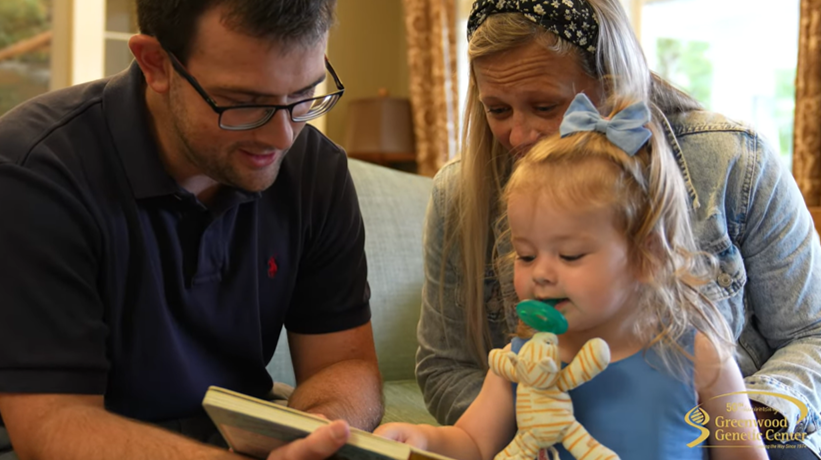FGFR2 sequencing is a molecular test used to identify variants in the gene associated with FGFR2-Related craniosynostosis syndromes.
6 weeks
81479
$1,200
Craniosynostosis is a common feature among these disorders. Pfeiffer syndrome may also include broad and deviated great toes and thumbs and partial syndactyly. Apert syndrome may involve syndactyly, hearing loss, hyperhidrosis and occasionally varying degrees of intellectual disability. Crouzon syndrome includes normal intellect with dental problems and possible hearing loss. Jackson-Weiss syndrome includes short, wide deviated great toes and foot syndactyly with normal hards and intellect. Beare Stevenson with cutis gyrata patients will have delayed development, acanthosis nigricans of the hands, feet and genital areas along with the cutis gyrata. Bent bone dysplasia is associated with craniosynostosis, prenatal teeth, bowing of the long bones, decreased mineralization of the calvarium, hypoplastic pubis and clavicles, and dysmorphic features. LADD syndrome is associated with abnormal tear secretion, ear structure changes and possible hearing loss, decreased saliva production and dental abnormalities, and hand malformations. Antley-Bixler syndrome (type 2) is associated with dysmorphic features including craniosynostosis, skeletal findings such as contractures, bowing, and increased risk of fractures, significant respiratory complications, atrial septal defect, and variable intellectual disability. Scaphocephaly, maxillary retrusion, and mental retardation is described as a distinct phenotype of scaphocephaly with mild intellectual disability, retrognathia, and hypertelorism.
Molecular testing is useful to confirm the diagnosis and to identify the disease causing mutations within a family to allow for carrier testing and prenatal diagnosis.
Sanger Sequencing
The preferred sample type is 3-5 ml of peripheral blood collected in an EDTA (purple top) tube. Extracted DNA, dried blood spots, and saliva are also accepted for this test. Saliva samples must be submitted in an approved saliva kit. Contact the lab to receive a saliva kit or to have one sent to your patient.
The specimen should be kept at room temperature and delivered via overnight shipping. If shipment is delayed by one or two days, the specimen should be refrigerated and shipped at room temperature. Do not freeze the specimen. Samples collected on Friday can be safely designated for Monday delivery.
Prenatal diagnosis is available if the familial mutations are known. Additional fees for cell culture and maternal cell contamination may apply. Maternal cell contamination studies are required for all prenatal molecular tests. Contact the laboratory prior to sending a prenatal specimen.
Call our laboratory at 1-800-473-9411 or contact one of our Laboratory Genetic Counselors for assistance.
Robin Fletcher, MS, CGC
Falecia Thomas, MS, CGC
Alex Finley, MS, CGC
